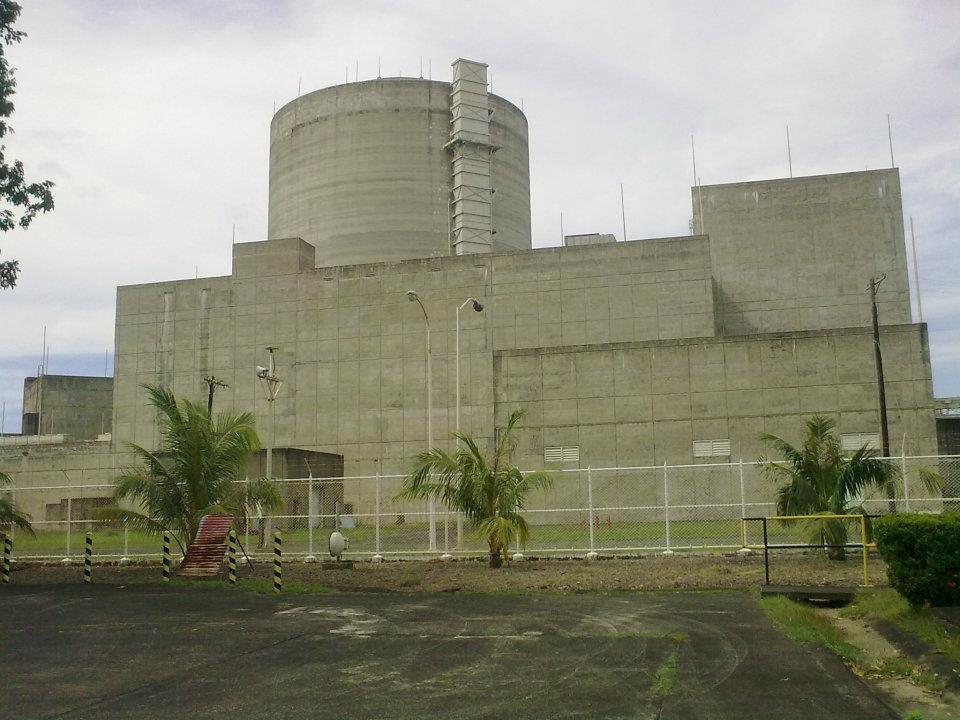Korean Firm Study: 5 years to revive BNPP
- February 13, 2023
- 0

A study by Korea Hydro & Nuclear Power Co. Ltd. (KHNP) estimated a five-year time frame to revive the mothballed Bataan Nuclear Power Plant (BNPP) into commercial operations.
In a report by the Manila Bulletin, Philippine Nuclear Research Institute (PNRI) director Dr. Carlo A. Arcilla said that the rehabilitation and repowering of the BNPP can be done within the term of the Marcos Administration.
He added that the PNRI could initially regulate the BNPP repowering while the national government is working on updating and legislating policies and regulatory toolboxes for nuclear power applications in the country.
Arcilla noted that the government, through PNRI, still has the capacity to regulate BNPP’s revival. However, even with the presence of the “baby boomer talents” who were part of the nuke plant’s development to guide with the rehabilitation and repowering, Arcilla said that international experts, like the International Atomic Energy Agency,
However, House Committee on Nuclear Energy Rep. Mark Cojuangco said that a new feasibility study by KHNP is needed in order to re-assess the needed rehabilitation cost of the nuclear plant.
Citing that in 2009, the Korean firm submitted $1 billion to commission the plant and $1.17 billion in 2017, “today, they cannot say the same, we need a feasibility study to give us a firm figure,” Cojuangco said.
In terms of the life cycle cost basis, Cojuangco said that the rate of-generated electricity will be substantially cheaper. Based on initial studies by congress, the cost of electricity from a nuclear facility, including return of investment (ROI) and warranted level of profitability for investors, would be at Php 3.50 per kilowatt-hour (kWh), significantly lower than the Php 5 to Php 10/kWh cost of electricity sourced from coal.
Just last week, China expressed interest in cooperating with the Philippine government to integrate nuclear power into the country’s energy mix.